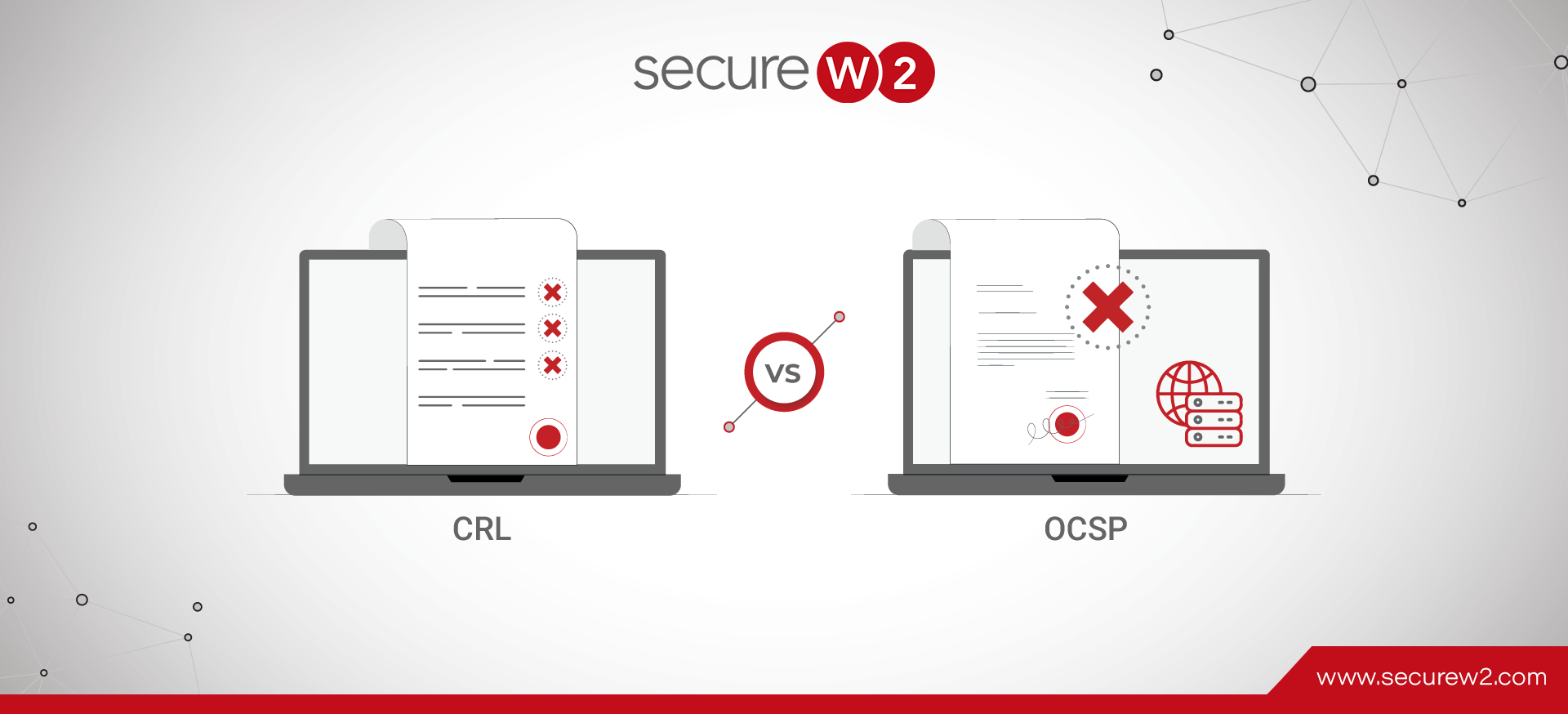
A Security Analysis of WPA-Personal
In the continuous effort to strengthen wireless network security, Wi-Fi Protected Access (WPA) represents a significant turning point. Data transmission over airwaves is becoming increasingly common in the ever-expanding digital connection landscape, making transmission security critical. WPA was created in ...
Read More







